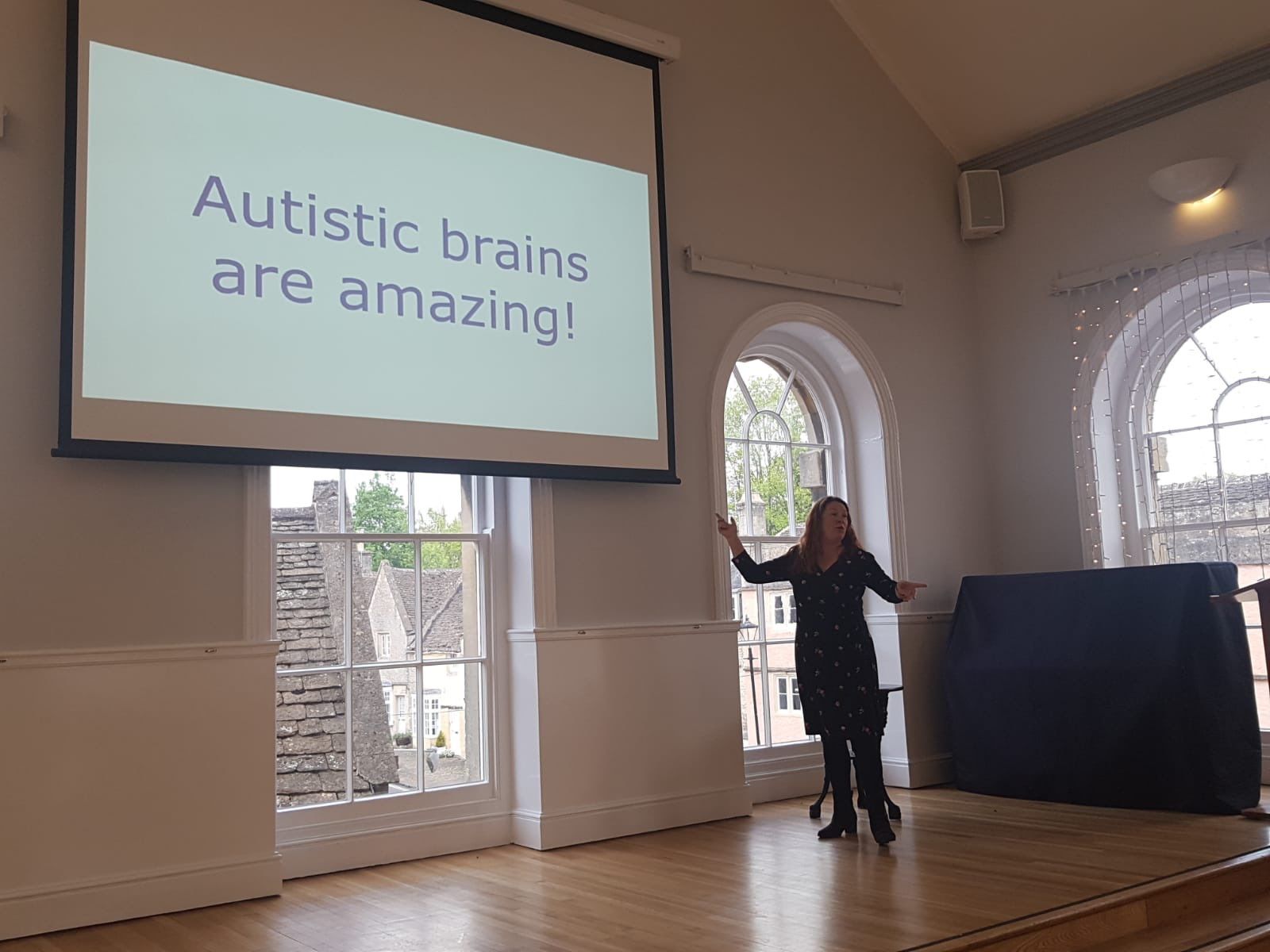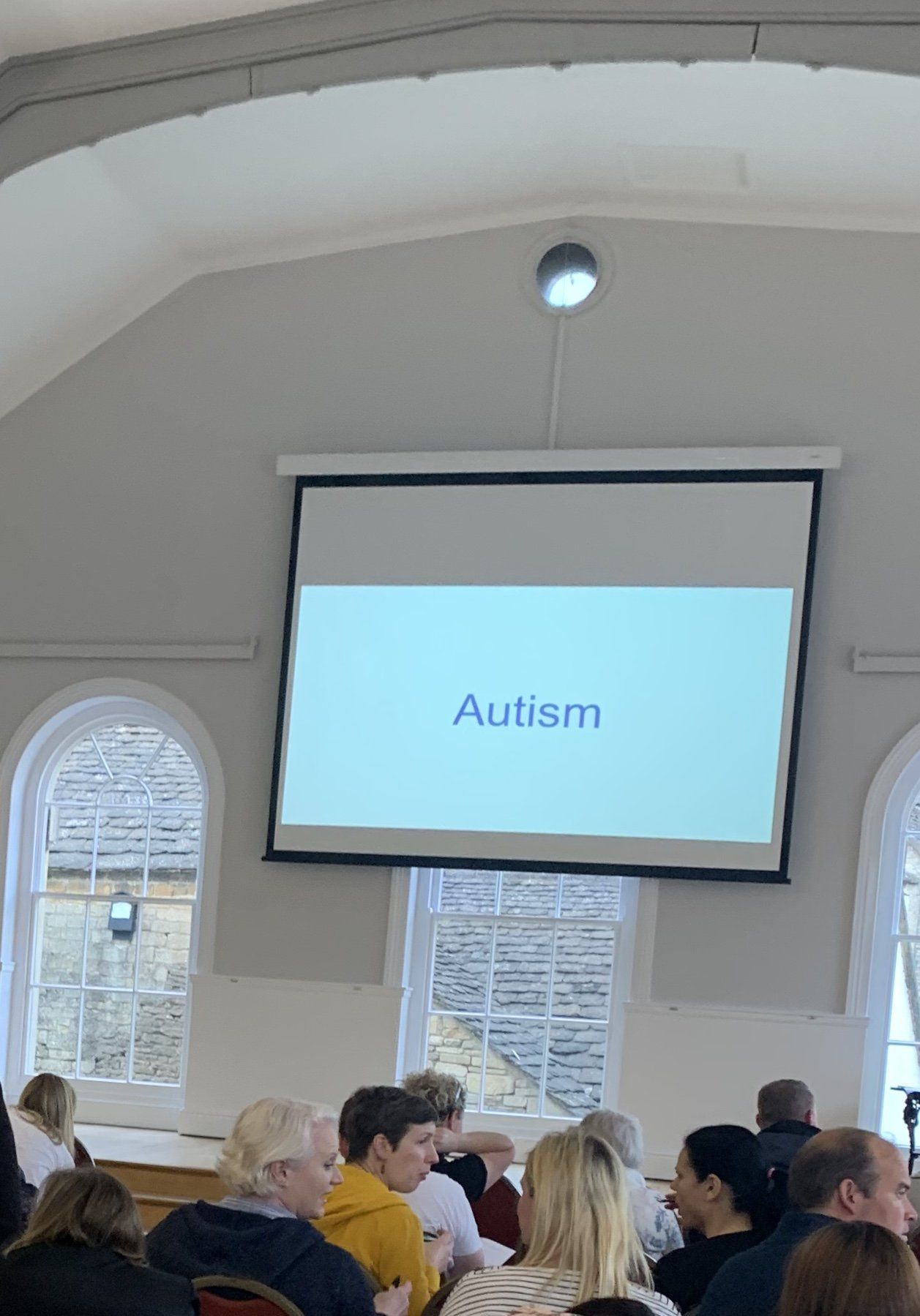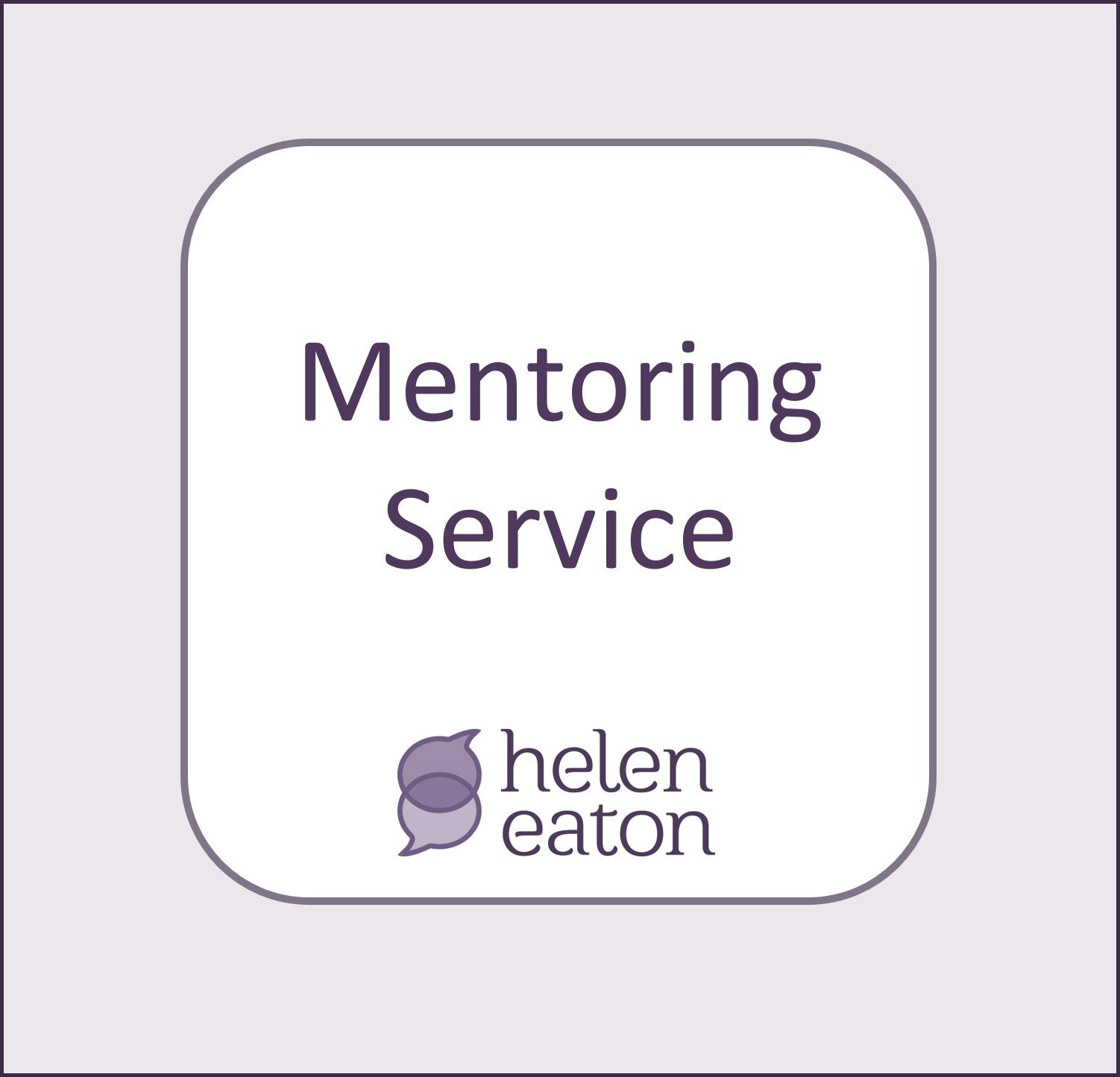May 2019 Newsletter
Hello
In this Newsletter I'll be
updating you on my upcoming talks, sharing what I've been up to lately and
offering a bit of an insight into an Autism diagnosis.
Talks in May and June
Book online at www.heleneaton.co.uk/events
These are all in Chippenham, but I'd love to bring my talks to your area soon
too!
ASD & Education 10:00-11:30am 17th May
Great for TA’s, schools, professionals, parents and carers.
ASD Education and Families 10:00-11:30am 29th May
This half term event is perfect for friends and family. This
talk is suitable for children over 8 and they can attend for FREE with an
adult.
Autistic Adults,
Anxiety and Successful Lives 10:00-11:30am 5th June
A talk for everyone! Workplaces, professionals and individuals
would all benefit from knowing more about Autism.
I also offer Autism talks and training for public groups, schools and
businesses, please get in touch for more information info@heleneaton.co.uk
A very busy April
April was a fabulously busy month for both my Autism projects and my Leadership
training business. Highlights include:
- Seven class talks on Autism to a primary school
- A talk in Corsham Town Hall introducing Autism to a lovely audience to over of 60 people
- The start of my four-week parent support course
- Early discussions to create Autism courses for a charity, support a Mental Health event and deliver school staff training
- I've designed and delivered a Leading Change talk for an International bank to an audience of over 150 people in the UK, with a much larger number watching across the world
- I've come to the end of delivering two ILM 5 programmes for a local City Council
What diagnosis does and doesn’t offer
Many people don't have the
opportunity to find out what is involved in a Autism diagnosis, and so I hope
this brief overviews helps those of you who wish to know more.
Autism diagnoses can happen at
any age, but most professionals wait until a child is at least 6 years old,
often to rule out development delays or other disorders. There are many adults
who were diagnosed much later in life, some in their 50s and 60s. Remember that
the term Autism is relatively new, although the condition has probably been
around forever. First identified in the 1940’s, Autism research only really
restarted in the 1980’s, gaining momentum through the decades to now, meaning a
diagnosis simply wasn’t available in many people’s childhoods.
The waiting and referral times for diagnosis can be from 3
months to 3 years, and often several appointments with a paediatrician and/or
Educational Psychologist are required before a diagnosis is given. Children are
observed playing and communicating, and reports and questionnaire answers are
provided by a family member and possibly a teacher. In simplest terms there is
essentially a checklist of behaviours and difficulties that a child must match
to achieve a diagnosis.
A diagnosis is useful for many as it helps understand why they
function differently from the 'average' person, and why day to day life and
socialising can be difficult. It is often seen as a light bulb or eureka moment
when everything suddenly makes sense and a new pathway through life can be
forged.
A diagnosis gives protection under Disability Discrimination and
the Equality Act, and can be essential to gain access to some services,
reasonable adjustments and support. This could include an EHCP for schools,
claiming benefits such as Disabled Living Allowance, or a free carer pass to
tourist attractions and events.
Sadly, diagnosis does not automatically mean ongoing access to
support or a medical professional. Many people are given their diagnosis letter
and then waved off in to the work without any further support or services. Some
areas offer short term support after diagnosis, but most adults and children
rely on the goodwill and services of local charities and support groups.
Some families choose to avoid the perceived stigma of a
diagnosis, fearing it may affect their life choices negatively. This is very
much a personal choice, and many work positively with their differences and
difficulties without a formal diagnosis. As a diagnosis is based on observed
and reported behaviours, some adults self-diagnose as they feel they know
themselves and Autism well enough to do so.
However, avoiding a diagnosis and also a ignoring a person’s
difficulties can be extremely damaging and may leave an Autistic person
confused, isolated and more likely to make poor life choices.
Thanks for taking the time to read this and I hope to hear from you soon
Regards
Helen Eaton
info@heleneaton.co.uk
MSc, PGCE
Autism Specialist and Leadership Trainer
HK Eaton Ltd









